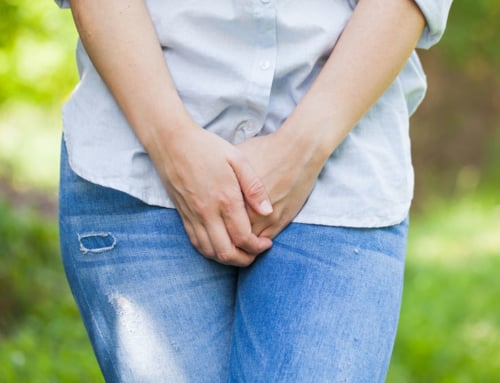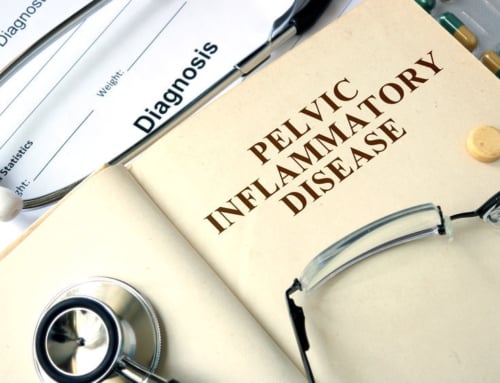What Is Abnormal Bleeding?
Abnormal uterine bleeding (AUB) occurs when someone bleeds outside of the regular menstrual cycle. The bleeding can range from light spotting to heavy bleeding requiring a pad or tampon. Most menstrual cycles last 24-34 days and bleeding occurs 4-7 days within that cycle. In younger women, cycles can be between 21-45 days. People that suffer from abnormal bleeding may notice longer than usual periods, bleeding after sex, bleeding between periods, and bleeding after menopause.
What causes irregular bleeding?
AUB is caused by hormonal imbalances. The female body releases estrogen and progesterone hormones each month to prepare the body for pregnancy. During ovulation, the uterine lining thickens as the body releases an egg for fertilization. If the egg doesn’t get fertilized, then the lining disintegrates. Hormonal imbalances confuse the body and induces bleeding even if a woman hasn’t released an egg.
Products like hormonal birth control have been known to cause AUB. Other factors such as cancer, weight loss, uterine fibroids, polyps, and excessive weight can also cause hormonal imbalances that lead to abnormal bleeding.
Stress and hormones
Stress is an environmental factor that can affect a woman’s hormone levels. When stressed, the body produces cortisol which causes a fight or flight response. Cortisol release affects other systems in the body like the immune and digestive systems.
How stress affects your period
Researchers have found a connection between workplace stress and menstrual functions. Scientists named stress as a factor in irregular menstrual cycles and the amount of menstrual bleeding. Stress also makes the body release the alpha-amylase enzyme, an enzyme linked to fertility issues. High concentrations of the enzyme make it difficult for women to conceive.
Treatment for abnormal bleeding
A doctor can conduct tests to get to the root cause of abnormal uterine bleeding. Women with AUB symptoms should meet with a healthcare provider to discuss treatment options.







